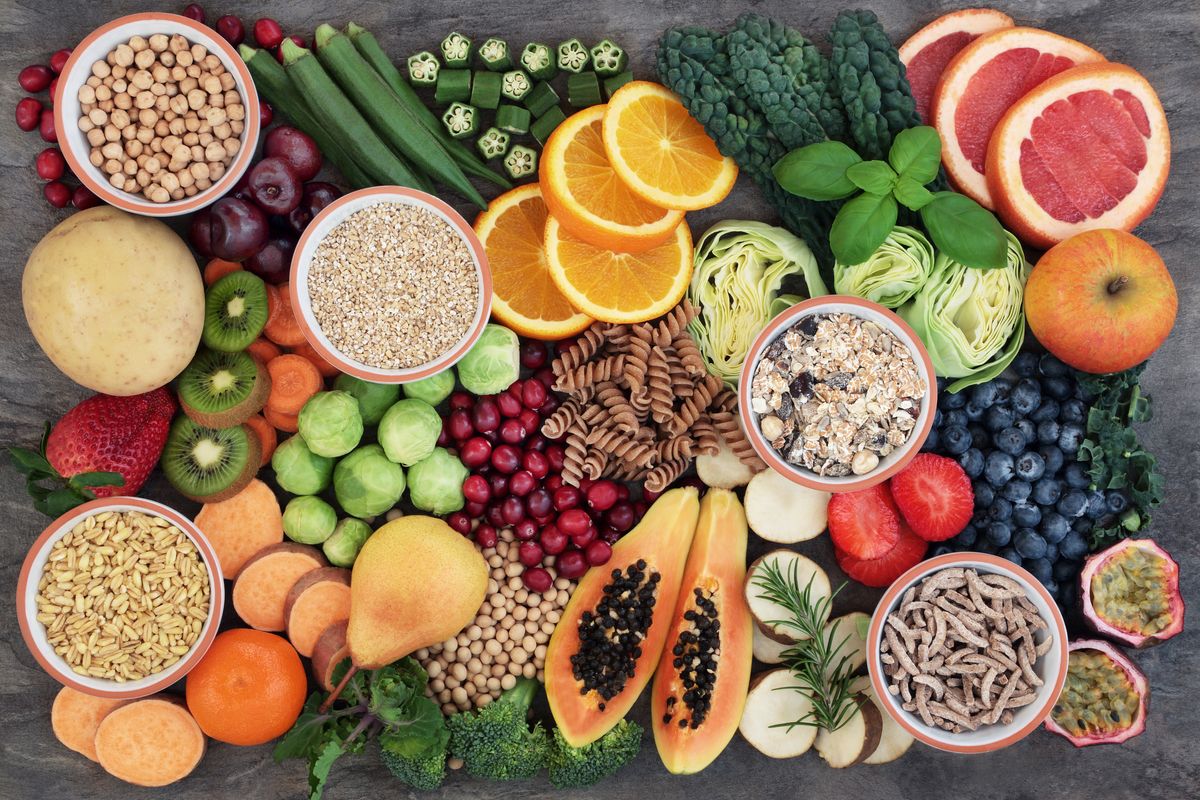Vegetables consistently shine as a smart dietary choice. They deliver a rich spectrum of vitamins, nutrients, and minerals, boasting a wealth of antioxidants to boot. Numerous studies underline the pivotal role of vegetables and fruits in diminishing disease risks. Among the key driving forces behind these impressive health advantages lies the substantial fiber content inherent in vegetables. Certain high-fiber vegetables even clock in at an impressive 7 grams or more per serving.
Amy Goodson, MS, RD, CSSD, LD, emphasizes the manifold merits of integrating high-fiber vegetables into your eating regimen. "This practice not only contributes to overall well-being and aids digestion but also furnishes a vital array of essential vitamins and minerals," she affirms. Additionally, she underscores the significance of embracing a diverse palette of vegetable colors, as each hue harbors a distinct nutrient profile. While all vegetables furnish their individual health benefits and assortments of vitamins and minerals, individuals seeking an amplified fiber intake can greatly profit from acquainting themselves with prime high-fiber vegetable choices.
Delve deeper into this article to acquire a comprehensive understanding of the ascending fiber content among various vegetables, sorted from least to most. Discover the wide-ranging advantages these vegetables bestow, along with the percentage of daily value each serving size contributes—based on the recommended daily intake of 28 grams of fiber.
9) Cauliflower: 2.1 grams (8% DV)
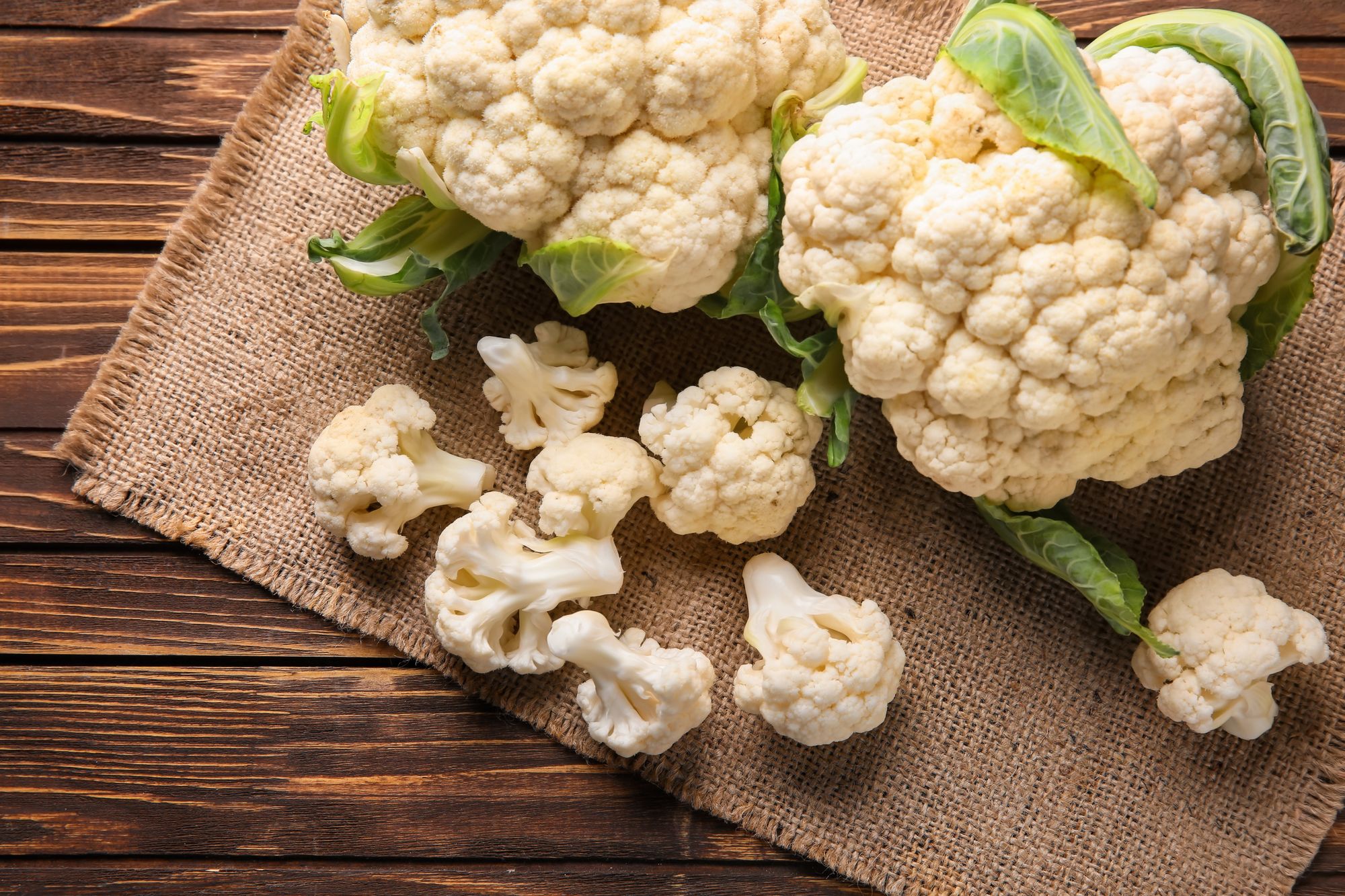
Cauliflower, often lauded for its versatility in various recipes, not only provides a mere 2.1 grams of fiber per cup but also boasts an impressive nutrient profile. This cruciferous vegetable is a reliable source of fiber, offering support for digestive health. Moreover, it's a rich reservoir of vitamin C, contributing to immune function, and vitamin K, essential for blood clotting regulation. Folate, another vital nutrient found in cauliflower, plays a role in DNA synthesis and cell growth. Additionally, cauliflower's potassium content promotes heart health by assisting in maintaining proper blood pressure levels.
8) Carrots: 3.6 grams (13% DV)
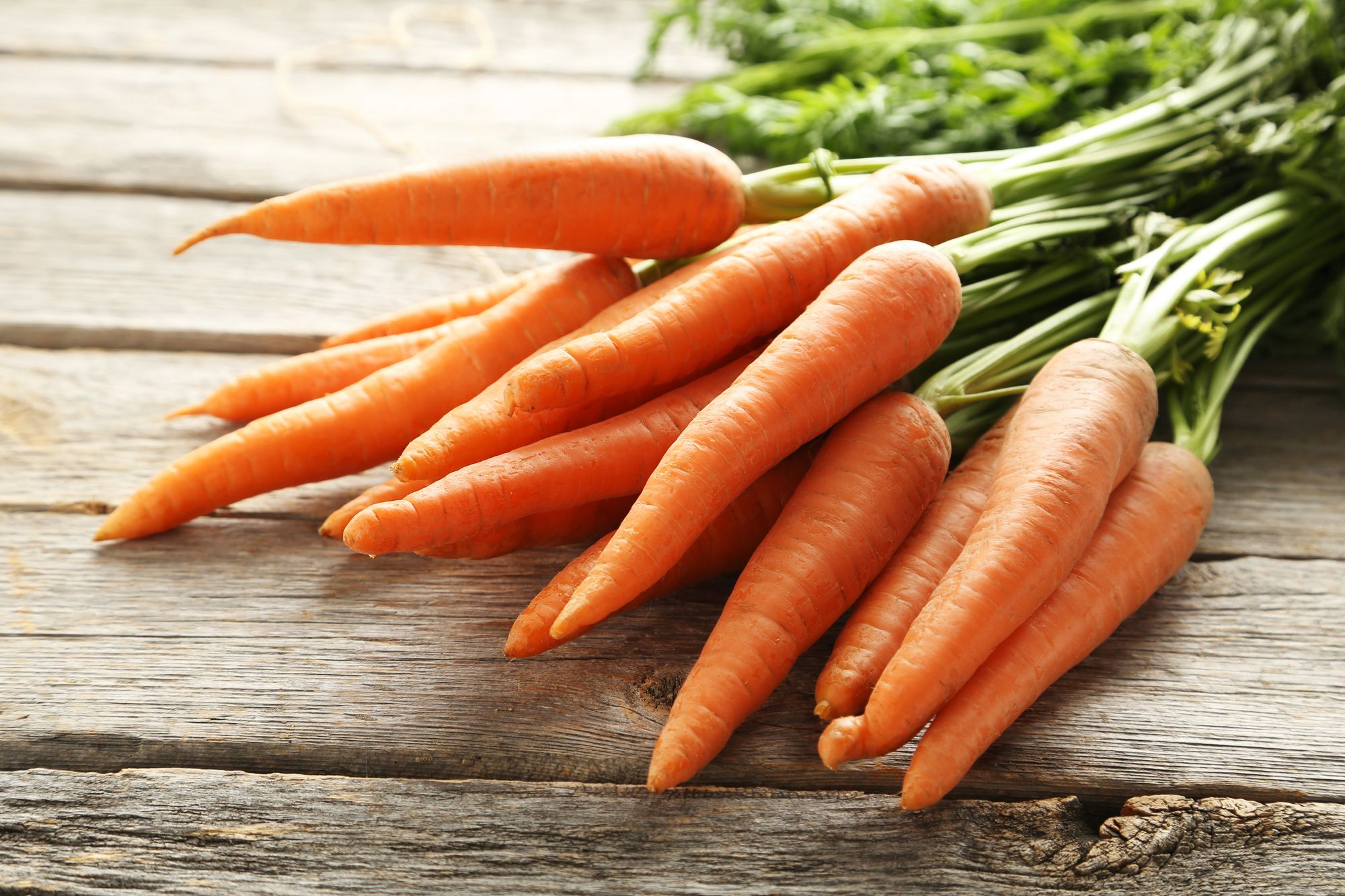
Carrots, known for their vibrant orange hue and distinctive crunch, deliver more than just their 3.6 grams of fiber per cup. These root vegetables are recognized for their role in promoting good eyesight, owing to the abundance of beta-carotene, a precursor of vitamin A. Beyond this, the soluble and insoluble fiber in carrots contribute to blood sugar level regulation and digestive regularity, respectively. The multifaceted benefits of carrots extend to weight management as well, as their fiber content contributes to a feeling of fullness, curbing overeating tendencies.
7) Sweet Potatoes: 3.8 grams (14% DV)
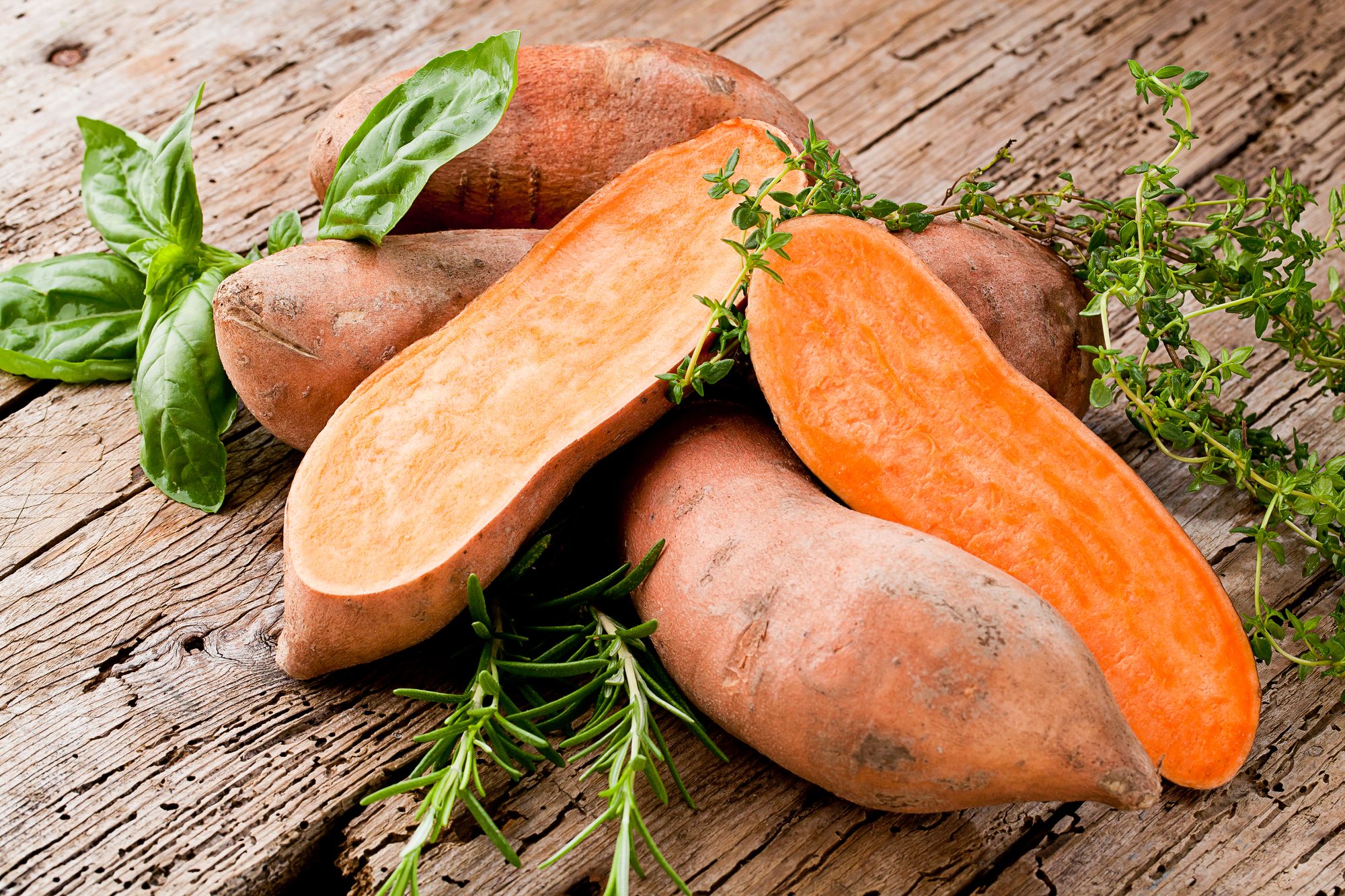
The humble sweet potato not only provides nearly 4 grams of fiber per serving but also delivers a range of essential nutrients. Its vibrant orange flesh signifies a high concentration of beta-carotene, a potent antioxidant that supports eye health and boosts the immune system. Moreover, sweet potatoes' fiber content plays a crucial role in maintaining steady blood sugar levels, making them a favorable choice for individuals seeking balanced energy throughout the day. The presence of anthocyanins, another class of antioxidants, further enhances sweet potatoes' status as a nutritional powerhouse.
6) Brussels Sprouts: 4.1 grams (15% DV)
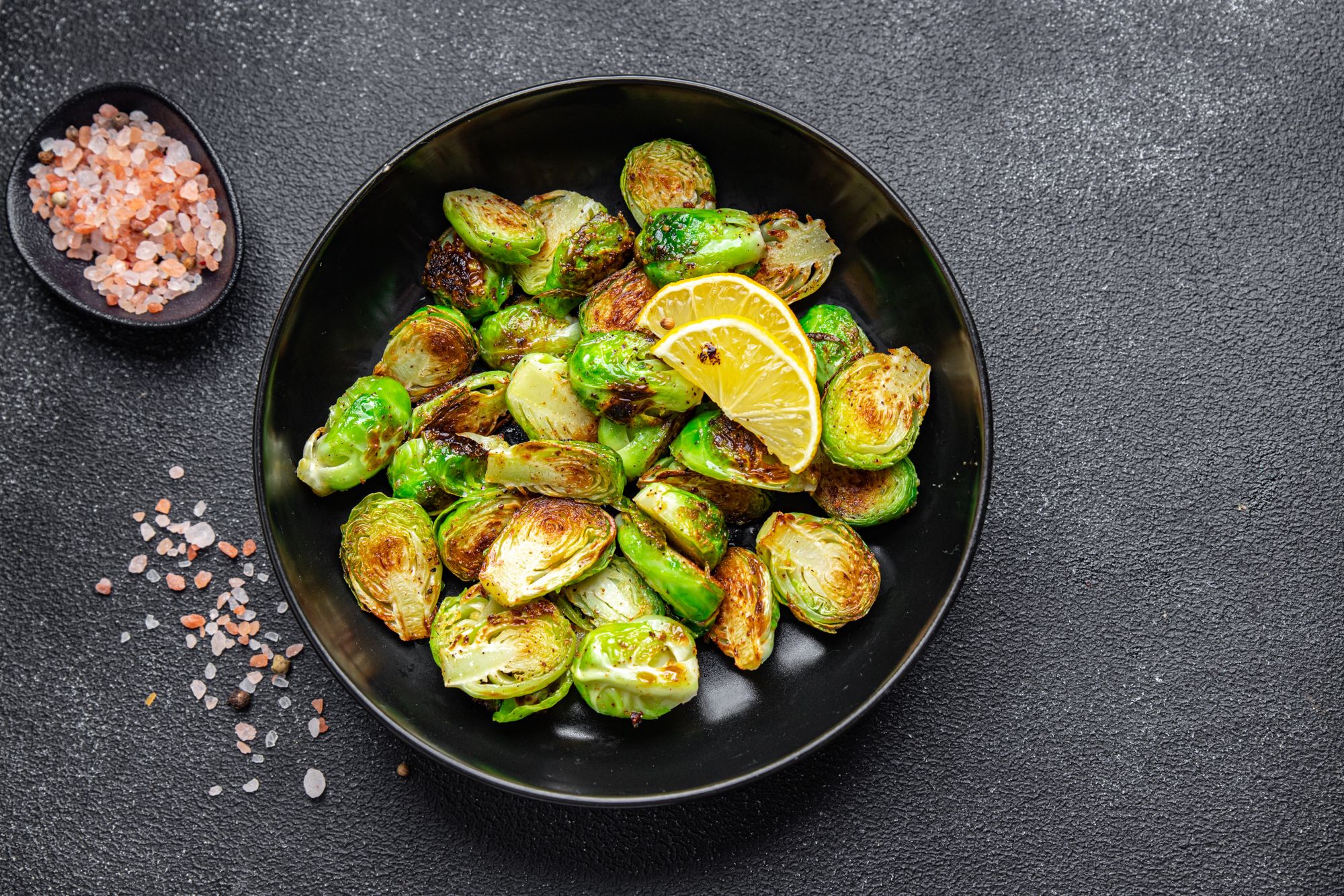
Beyond the substantial 4.1 grams of fiber per cup, Brussels sprouts pack a punch in terms of nutrition. These miniature cabbages are rich in vitamin K, an essential nutrient for blood clotting and bone health. Their high fiber content contributes to digestive wellness and appetite control, making them a valuable asset for weight management. Additionally, Brussels sprouts contain compounds with anti-inflammatory properties, enhancing their potential benefits for overall health.
5) Spinach: 4.3 grams (15% DV)
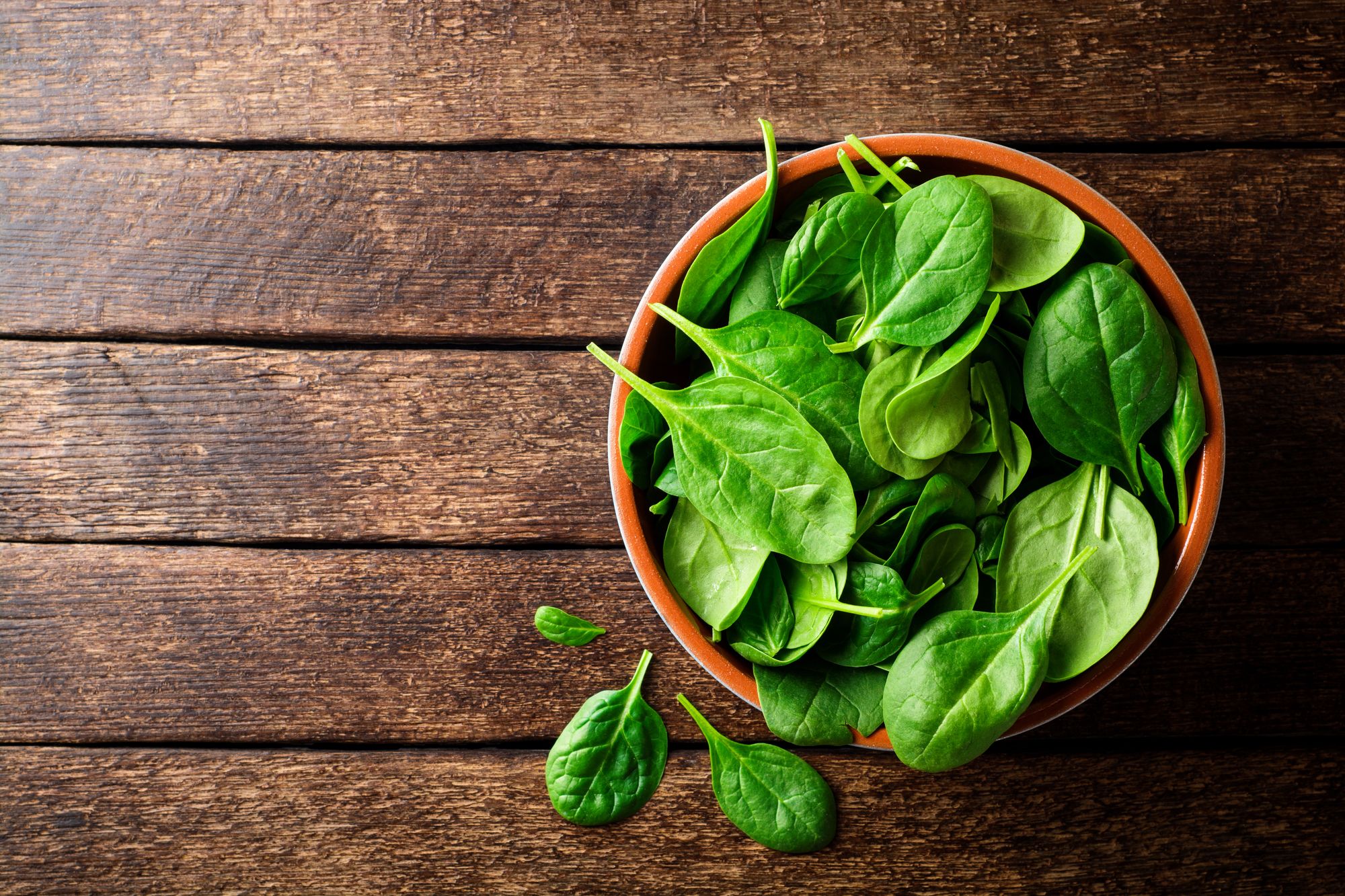
Spinach's contribution of 4.3 grams of fiber per cup accompanies a treasure trove of nutrients. This leafy green is a well-known source of iron, vital for oxygen transport within the body. It's also loaded with antioxidants, including vitamin C and beta-carotene, which contribute to immune support and protect cells from oxidative stress. Spinach's fiber content, combined with its impressive nutrient profile, positions it as a valuable addition to various culinary creations, from salads to smoothies.
4) Kale: 4.7 grams (17% DV)
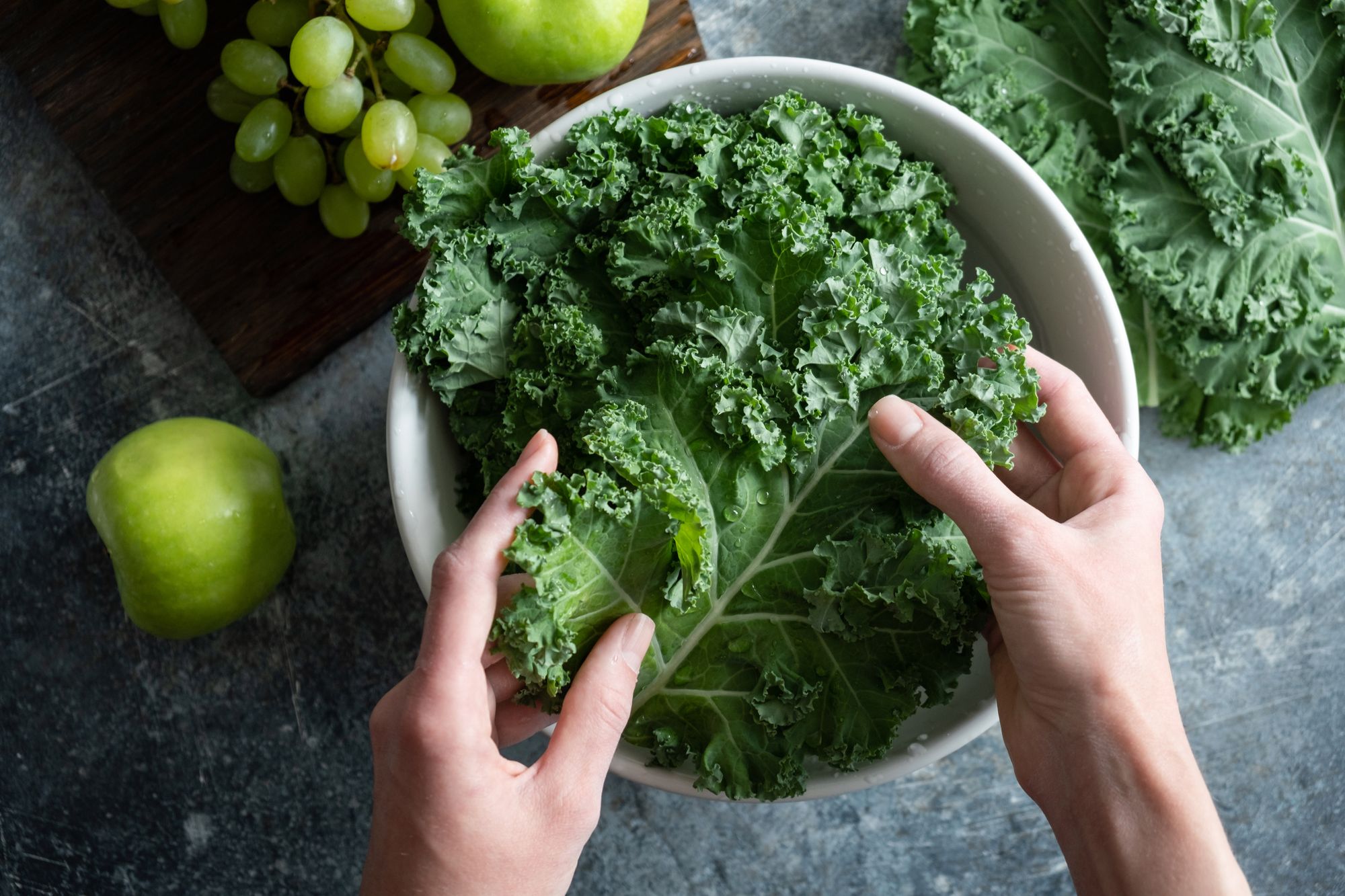
Kale's impressive 4.7 grams of fiber per cup reflects its status as a nutrient-dense powerhouse. Beyond fiber, kale is a rich source of vitamins A, K, and C, all of which play essential roles in bone health, blood clotting, and immune support, respectively. Its unique combination of antioxidants, including flavonoids and carotenoids, contributes to its potential anti-inflammatory effects. With its versatility in both raw and cooked forms, kale is an excellent choice for enhancing overall nutritional intake.
3) Broccoli: 5 grams (18% DV)
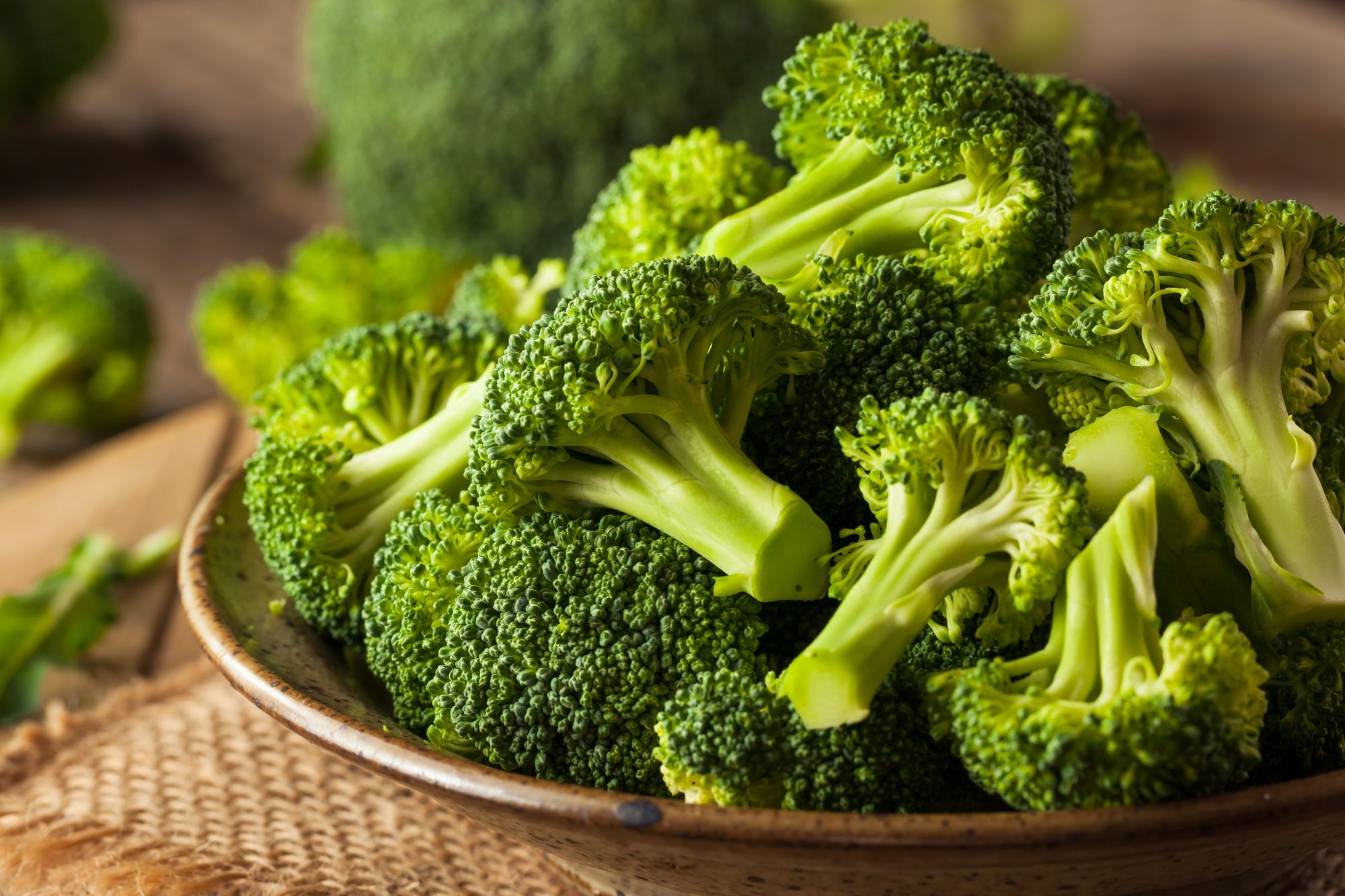
With its fiber content reaching 5 grams per cup, broccoli is not only a fiber champion but also a potent source of nutrients. Its signature cruciferous nature grants it access to sulforaphane, a compound with demonstrated cancer-fighting properties. Beyond that, the antioxidant vitamins A and C and the mineral calcium contribute to bone health and immune support. Additionally, the fiber and sulforaphane content in broccoli play roles in regulating blood sugar levels and promoting cardiovascular health.
2) Artichokes: 6.8 grams (24% DV)

Artichokes, often overlooked, are a treasure trove of fiber, offering 6.8 grams per medium piece. In addition to fiber, they contain antioxidants that promote digestion and liver health, while also potentially aiding in cholesterol management. Artichokes' prebiotic properties contribute to a healthy gut microbiota, further underscoring their value for overall well-being.
1) Peas: 7.2 grams (26% DV)
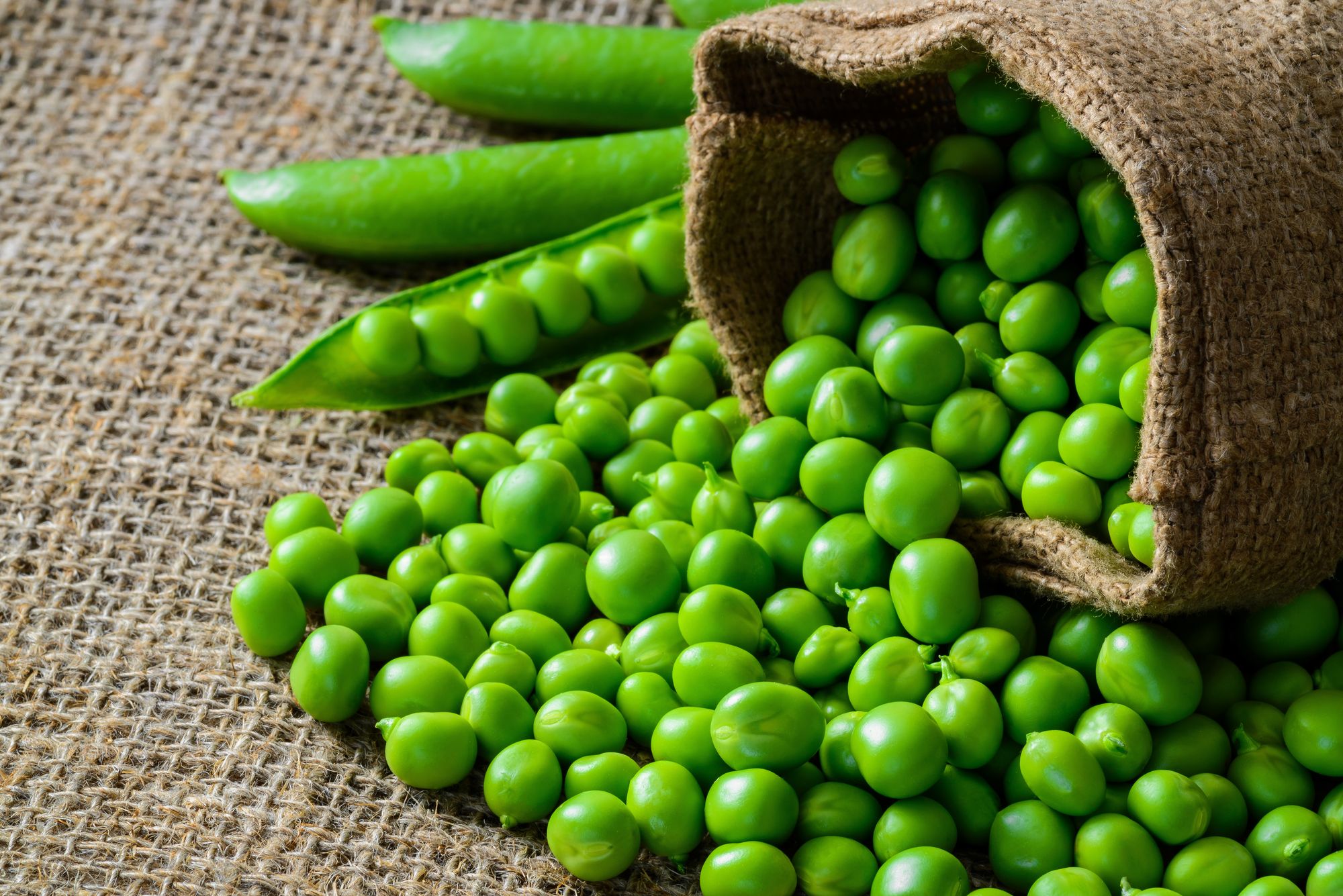
Taking the crown with a remarkable 7.2 grams of fiber per cup, peas are a nutritional powerhouse. Beyond their fiber content, peas provide a substantial source of plant-based protein, contributing to muscle health and overall vitality. Their fiber and protein combination aids in regulating blood sugar levels, making them a favorable option for individuals seeking metabolic balance. Rich in vitamins and minerals, peas are a versatile addition to a wide range of dishes, offering not only fiber benefits but also a wholesome nutrient profile.

